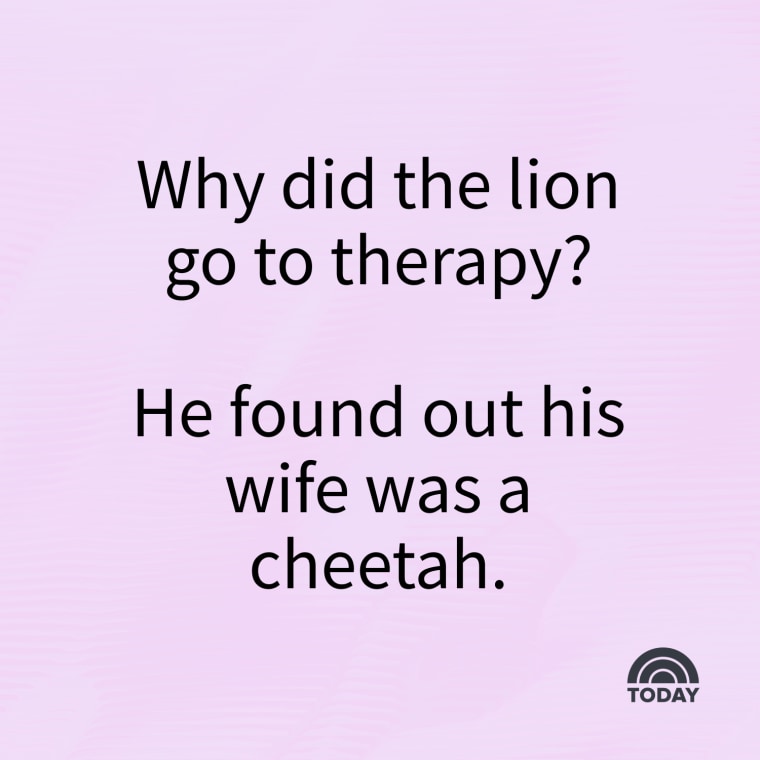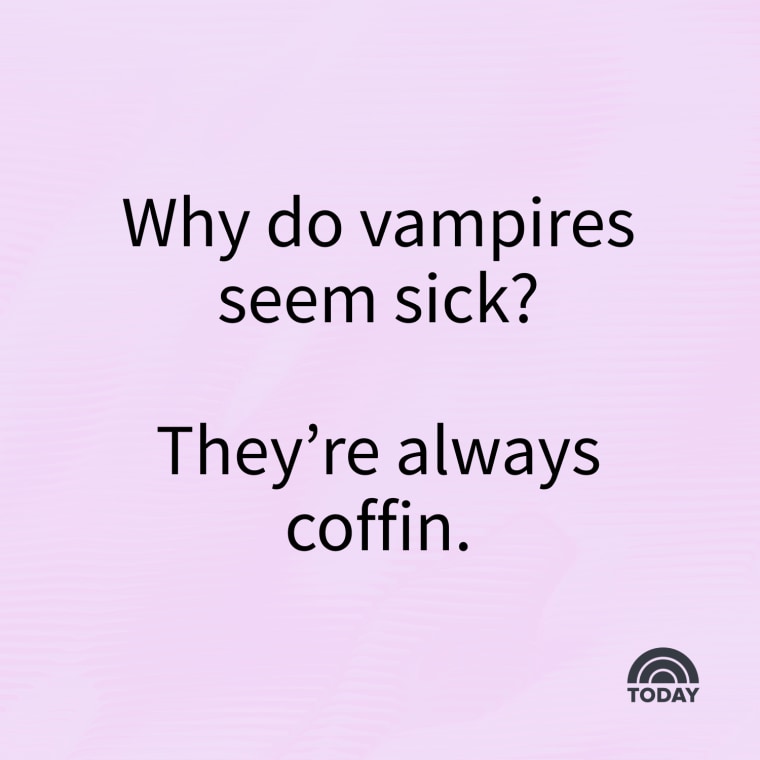Racist jokes dark humor continues to be a controversial topic that sparks heated debates in modern society. While humor is a powerful tool for connecting people, it can also reinforce harmful stereotypes and perpetuate discrimination. In this article, we will delve into the complexities surrounding dark racist jokes, their impact on individuals and communities, and why fostering respectful humor is essential for societal harmony.
Humor has the potential to bridge cultural divides, challenge societal norms, and spark meaningful conversations. However, when it veers into racist territory, it can create a hostile environment and harm marginalized groups. Understanding the nuances of dark humor and its implications is crucial for promoting inclusivity and mutual respect.
This article aims to provide a comprehensive analysis of racist jokes dark humor, exploring its history, psychological effects, and the role of cultural sensitivity in shaping our perceptions. By the end, you will have a deeper understanding of why avoiding racist jokes is essential for fostering a more inclusive society.
Read also:Anandabazar Newspaper A Comprehensive Look At Bengals Leading Daily
Table of Contents
- Introduction to Racist Jokes Dark
- History of Racist Jokes
- Psychological Impact of Racist Humor
- Subtle vs. Explicit Racist Jokes
- Dark Humor and Its Role
- Cultural Differences in Humor
- Why Avoid Racist Jokes
- Promoting Respectful Humor
- Legal Considerations
- Conclusion and Next Steps
Introduction to Racist Jokes Dark
Racist jokes dark humor often walks a fine line between challenging societal norms and perpetuating harmful stereotypes. These jokes typically target specific ethnic groups, religions, or cultural practices, often reinforcing prejudices that have existed for generations. While some argue that dark humor can serve as a mechanism for processing difficult emotions, others believe it undermines efforts to promote equality and mutual respect.
In today's interconnected world, where cultural exchange happens at an unprecedented pace, the impact of racist jokes is amplified. Social media platforms, for instance, allow these jokes to spread rapidly, often reaching audiences that may not fully understand the context or implications. As a result, it becomes crucial to critically evaluate the role of humor in shaping societal values.
History of Racist Jokes
Racist jokes have a long and troubling history, with roots tracing back to colonial times and the perpetuation of stereotypes through media. In the 19th and early 20th centuries, minstrel shows in the United States often portrayed African Americans in derogatory ways, reinforcing negative perceptions that persisted for decades. Similarly, caricatures of Asian, Hispanic, and Indigenous communities were common in early films and literature.
Evolution of Racist Humor
Over time, societal attitudes toward racist humor have shifted, partly due to increased awareness and advocacy for civil rights. However, remnants of these harmful stereotypes still exist in modern media, albeit in more subtle forms. For example, jokes about accents, cultural practices, or physical appearances often mask deeper biases that can perpetuate discrimination.
Psychological Impact of Racist Humor
The psychological effects of racist jokes dark humor can be profound, impacting both the individuals targeted and those who witness such jokes. Research shows that exposure to racist humor can increase implicit biases, normalize prejudiced attitudes, and create a hostile environment for marginalized groups. Furthermore, it can lead to feelings of alienation, anxiety, and depression among those who are directly affected.
Effects on Mental Health
- Increased stress levels among targeted groups
- Decreased self-esteem and confidence
- Reinforcement of negative stereotypes
- Normalization of discriminatory behavior
Subtle vs. Explicit Racist Jokes
While explicit racist jokes are easy to identify, subtle forms of humor can be more insidious. Microaggressions, for example, often manifest as seemingly innocuous comments or jokes that carry underlying racist undertones. These jokes may not explicitly target a specific group but still perpetuate harmful stereotypes and create discomfort for those who hear them.
Read also:Unveiling The Extraordinary Journey Of Frederick Dump
Recognizing Subtle Racism
Understanding the difference between subtle and explicit racist jokes is crucial for fostering inclusive environments. Subtle racism often operates under the radar, making it harder to address and challenge. By becoming more aware of these nuances, individuals can better navigate conversations and promote respectful interactions.
Dark Humor and Its Role
Dark humor, including racist jokes dark, often serves as a coping mechanism for dealing with difficult or uncomfortable topics. However, it is important to recognize the boundaries of such humor and its potential consequences. While dark humor can challenge societal norms and provoke thought, it can also alienate and harm those who feel targeted by it.
When Does Dark Humor Cross the Line?
Dark humor crosses the line when it perpetuates harmful stereotypes, undermines efforts for equality, or creates a hostile environment. Context plays a significant role in determining whether a joke is appropriate or offensive. For instance, a joke made in a private setting among friends may carry a different weight than one shared publicly on social media.
Cultural Differences in Humor
Cultural perceptions of humor vary widely, and what may be considered acceptable in one culture may be offensive in another. Understanding these differences is essential for promoting cross-cultural understanding and avoiding unintentional harm. For example, humor that relies on cultural nuances may not translate well to audiences from different backgrounds, leading to misunderstandings and offense.
Navigating Cultural Sensitivity
- Be mindful of cultural differences when using humor
- Avoid jokes that rely on stereotypes or derogatory language
- Seek feedback from diverse groups to ensure inclusivity
- Be open to learning and adapting based on cultural context
Why Avoid Racist Jokes
Avoiding racist jokes dark humor is essential for fostering a more inclusive and respectful society. These jokes not only perpetuate harmful stereotypes but also contribute to systemic discrimination and inequality. By choosing to engage in respectful humor, individuals can promote positive interactions and build stronger, more cohesive communities.
Benefits of Avoiding Racist Humor
- Promotes mutual respect and understanding
- Reduces implicit biases and discriminatory behavior
- Creates a safer and more inclusive environment
- Encourages constructive dialogue and collaboration
Promoting Respectful Humor
Encouraging respectful humor involves actively challenging offensive jokes and promoting positive alternatives. This can be achieved through education, open dialogue, and the promotion of inclusive practices. By fostering an environment where humor is used as a tool for connection rather than division, individuals can contribute to a more harmonious society.
Strategies for Promoting Respectful Humor
- Engage in conversations about the impact of humor
- Challenge offensive jokes and provide constructive feedback
- Support comedians and content creators who prioritize inclusivity
- Encourage the use of humor to bridge cultural divides
Legal Considerations
In some jurisdictions, the use of racist jokes dark humor can have legal implications, particularly in workplace settings or public forums. Discrimination based on race, ethnicity, or religion is prohibited under various anti-discrimination laws, and employers may face liability for failing to address offensive behavior. Understanding these legal frameworks is crucial for ensuring compliance and promoting a safe environment for all individuals.
Key Legal Protections
- Anti-discrimination laws in the workplace
- Protections against hate speech and harassment
- Responsibilities of employers to address offensive behavior
- Importance of clear policies and procedures
Conclusion and Next Steps
Racist jokes dark humor continues to be a contentious issue in modern society, with significant implications for individuals and communities. By understanding the history, psychological effects, and cultural nuances of such jokes, we can better navigate conversations and promote respectful interactions. Avoiding racist humor and fostering inclusive environments is essential for building stronger, more cohesive societies.
We invite you to take action by engaging in meaningful conversations, challenging offensive jokes, and supporting content creators who prioritize inclusivity. Share this article with your network and explore other resources on our site to deepen your understanding of these important topics. Together, we can create a world where humor connects rather than divides.
References:
- Pettigrew, T. F., & Tropp, L. R. (2006). A meta-analytic test of intergroup contact theory. Journal of Personality and Social Psychology, 90(5), 751–783.
- Greenwald, A. G., & Banaji, M. R. (1995). Implicit social cognition: Attitudes, self-esteem, and stereotypes. Psychological Review, 102(1), 4–27.
- United Nations. (2021). Fighting Racism and Xenophobia. Retrieved from https://www.un.org/en/chronicle/article/fighting-racism-and-xenophobia



